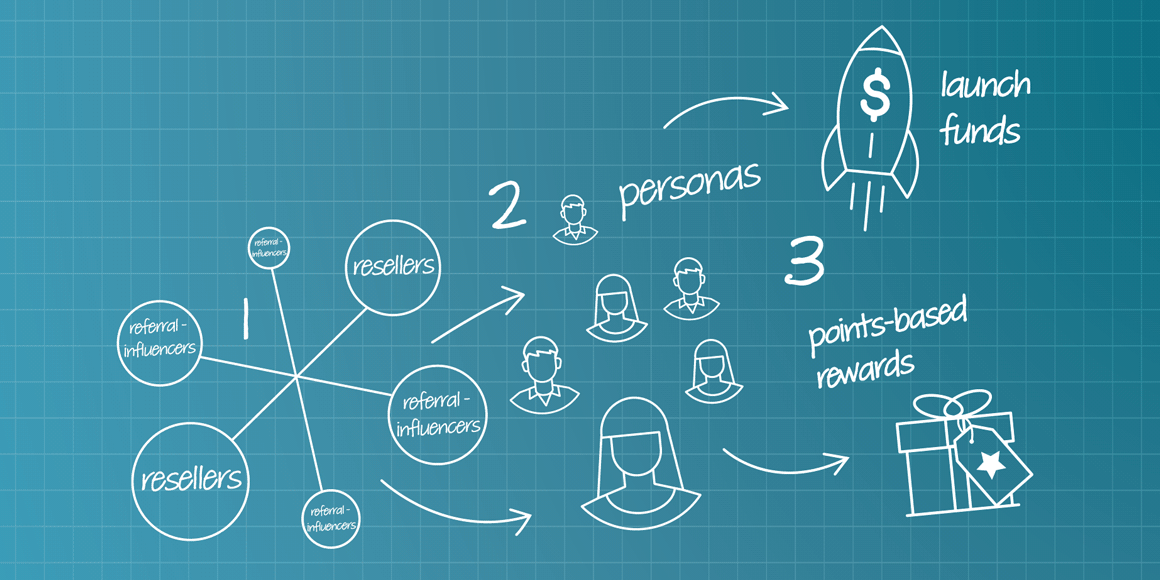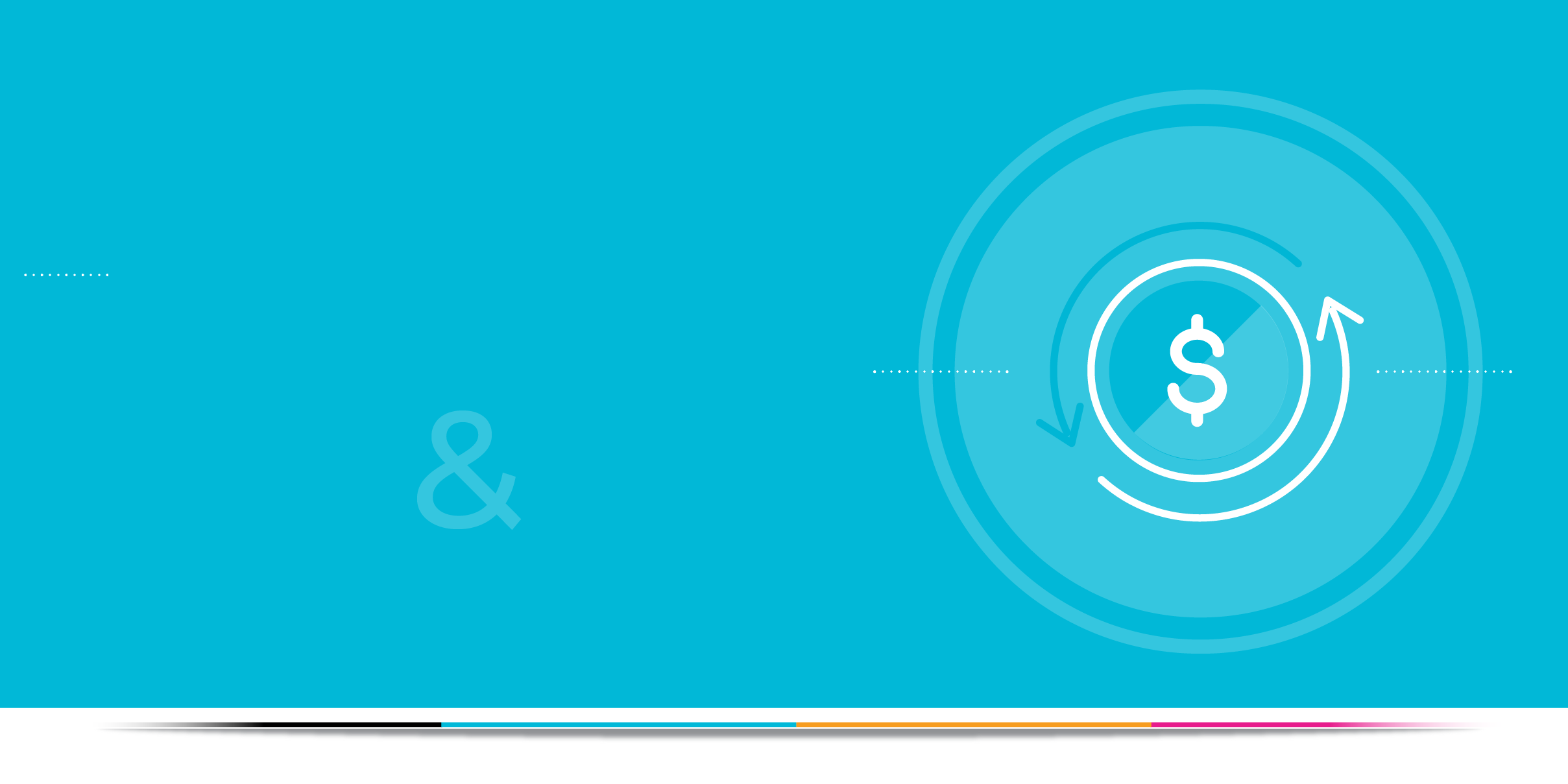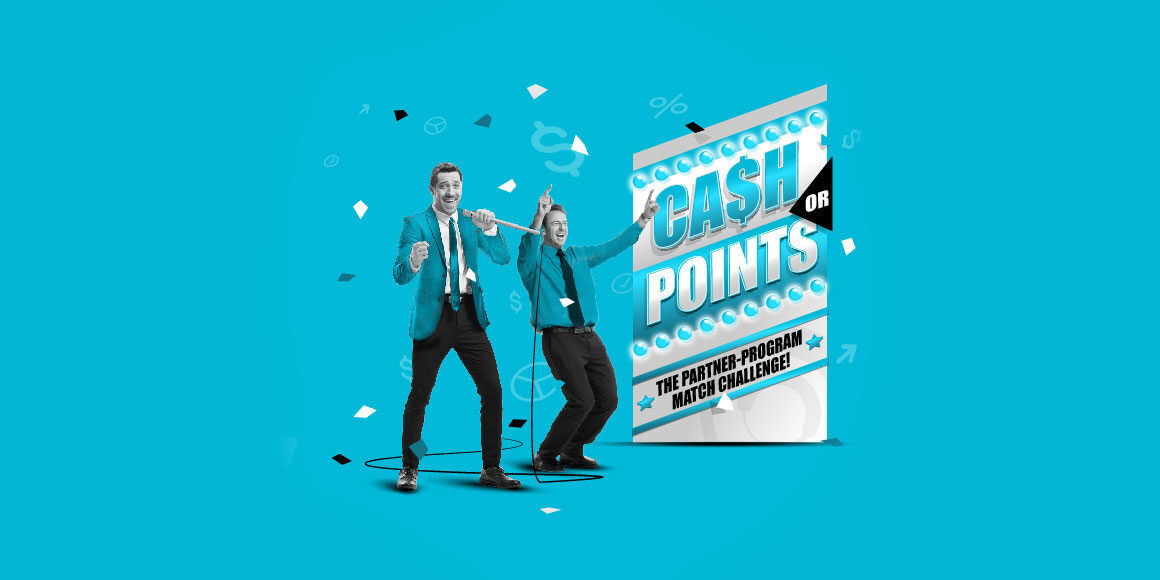First, let me give our readers some background on professional services partners. Research suggests that a growing number of professional services companies like finance, marketing, legal, and human resources are rivalling the IT/Telco channel in numbers. These companies are rapidly converging into the broader IT and Telco space as a high percentage of these firms are actually reselling software today. Moreover, research by CompTIA suggests that soon, more than 80% of accounting and marketing firms will be indistinguishable from the traditional IT channel - yet there is no formal engagement, retention, and motivation strategy for this fast-growing route to market. One way, is to implement an incentive programs for professional services partners.
When designing incentive programs for professional services partners, what should be considered?
The basic principles are the same as those you would use for a traditional channel partner program, but there are some important steps to consider for these services providers. As with any partner program getting to know who you are incentivizing and assessing what will work for them is key to success.
1. Understand who you are trying to incent.
Professional services partners generally fall into two categories: resellers and referral/influencers. The former resells your product as one of their offerings and controls the relationship post-sale. Referral/Influencers recommend your product, but the customer purchases it directly from you or a partner.
2. Consider the multiple personas that will be involved.
Who is selling or recommending your product or service? By understanding the various audiences in the buying and selling journey, channel leaders are better equipped to offer a holistic incentive program that combines company-team and individual-level incentives. Not everyone is motivated in the same way; the most successful incentives are specifically tailored to the intended audience.
3. What incentive types will work best?
As far as incentive types, two of the most successful with professional services are launch funds and points-based rewards.
- Launch funds drive awareness and demand for new offerings, and in new markets. These would be incremental to existing channel funds, and typically are short-term in nature. They are linked to either the launch quarter, or a certain period of time. They're also discretionary funds you can use to recruit, enable and drive demand across new partnerships or new offerings - depending upon where you are in your lifecycle and what your objectives are.
- Points-based rewards are beneficial for motivating the individual performer, whether it’s sales or non-sales (anyone who plays a role in the sales cycle). They appeal to a wide range of people and they are especially helpful in focusing and changing target behaviors. However, keep in mind that different partner types require different motivators, and incentives must align to the selected partner business model to achieve aligned success.
All in all, the professional services route to market is growing. Sales organizations that are able to tap into the vast potential of this market and its various audiences will have a significant competitive advantage. As with all successful incentive programs, automation, data analysis and personalization will garner the ROI success every organization is looking for.
Learn more about 360insights, channel incentives, SPIFFs, rebates, Co-Op/MDF, volume incentives, and sell-through allowances.



